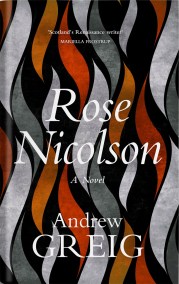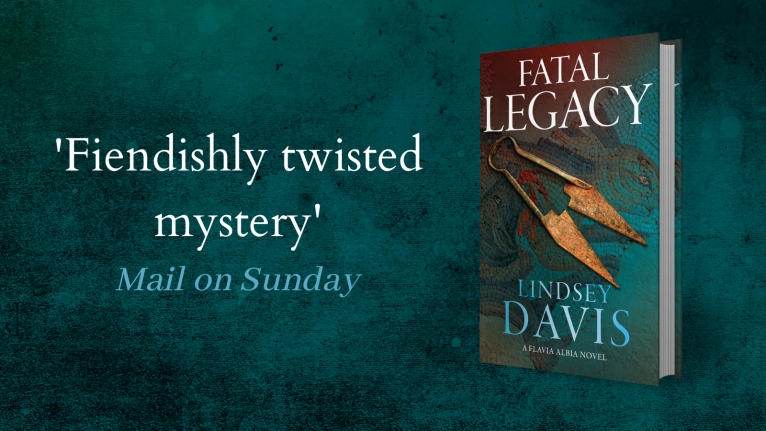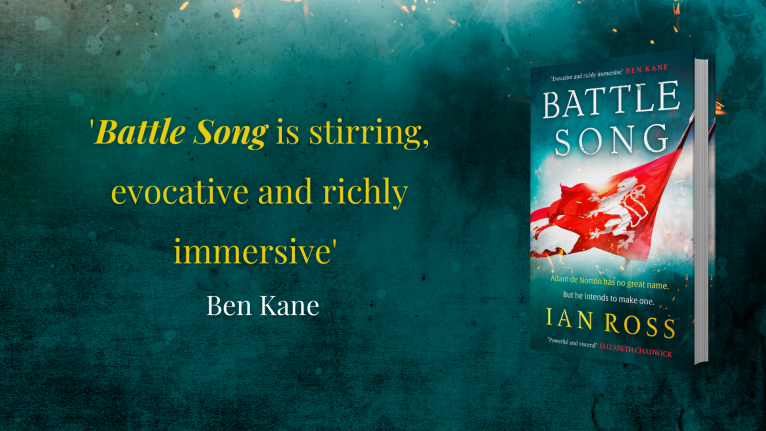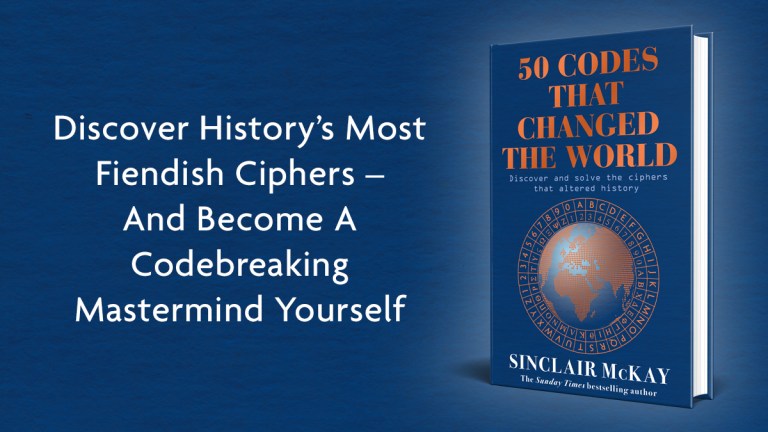In search of Rose Nicolson and her world
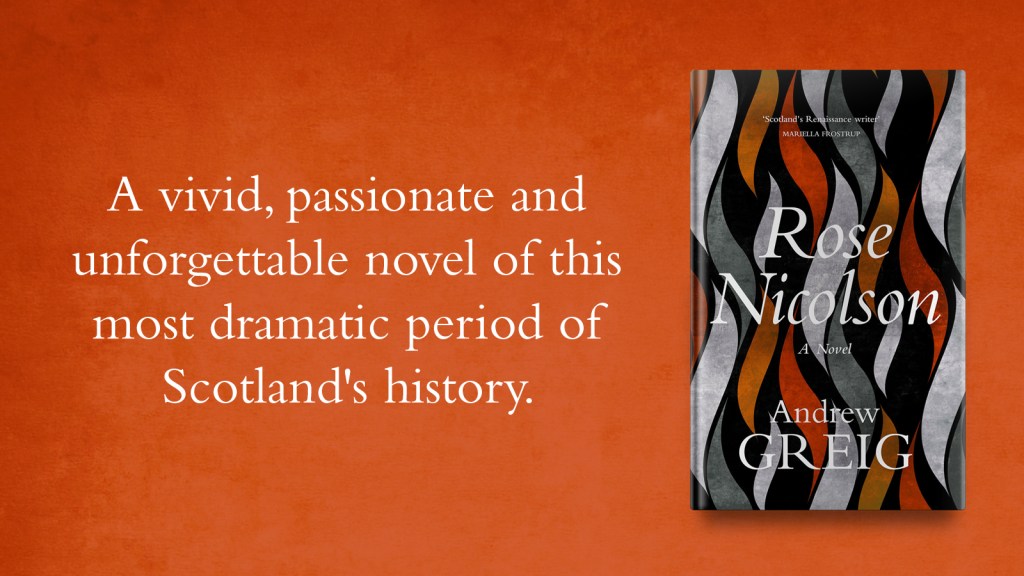
Publishing 5th August, Rose Nicolson is a vivid, passionate and unforgettable novel of this most dramatic period of Scotland’s history. In this exclusive blog post for H for History, author Andrew Greig shares with us how he had to get out onto the streets of Scotland to write his latest novel.
Writing my earlier novel FAIR HELEN had alerted me to the extraordinary society of the C15th-16th Border Reivers. It also led me to Walter Scott of Buccleuch (direct ancestor of the writer who created the historical novel, and of the Dukes of Buccleuch) – ambitious, clever, witty and very frightening, a writer’s dream.
With the upheavals of Brexit and Scottish Independence ever more present, I was drawn to address the C16th Scottish Reformation head-on. It was a period of society divided down the middle, of political instability and faltering governance, and it made Scots in many ways who we still are. Brexit with knives, I thought. Go to it!
For months I read histories, biographies, records, talked with local historians, plus a lot of Googling. Such research is stimulating, sometimes daunting. Three central connected historical characters emerged: the early days of Walter Scott; William Fowler, student, trader, probably a forger and certainly a spy for several parties, also a minor Scottish poet at the fringe of the Court of a young James VI. And I found mentions of Thomas Nicolson, a brilliant Poor Scholar at St Andrews university, lacquey and PhD, intriguingly often in company with both Scott and Fowler. And he had a sister, Rose…
So far, so good. Research is essential but can take you only so far. In historical fiction, as in war, there is no substitute for boots on the ground. You have to be there, where it happened. Walk the streets, castles, harbours and ruined monasteries. Stand in all weathers on the unyielding cobbles round St Giles, walk into the White Horse Inn stables where horses left for Berwick and London. Cross the Leith Links where Mary Queen of Scots played golf before signing her surrender to the Scottish Lords, then leaving for the supposed safety of England.
This was their world, the same wind and rain, fears, appetites, hopes and brief sunshine. They were as real and present as you are. When flesh blooms around the bare bones of History, the historical novel begins.
William Fowler was born in Anchor House, hard by the outer defences of Edinburgh Castle. The Lang Siege, that two year armed struggle between the Catholic supporters of Queen Mary and the Protestant supporters of her child James VI, played out here. These narrow streets and closes echoed with musketry, clashing steel, crossbows, scuffles and sorties, horses scattering the barricades. Shots and thuds, shouted orders, screams. Think Sarajevo. Think Syria. Shortage of water, half-ruined houses, people scurrying out for food in the lulls. Somehow life goes on, till it doesn’t.
One misty morning I stood where Anchor Close had been, and abruptly knew this was where William Fowler’s Reformist father died. A stray musket ball. He would have gone out to check what that new deep crash and roar was – the great cannons dragged towards the Castle during the night. Fowler was eleven. His elder sister died soon after the Castle fell.
I walked down the Royal Mile to the Tollbooth, where the scaffolds were erected for public executions. The leaders of the Queens Men were hanged here, their faces turned gold in the low sun, just as John Knox had prophesised. Will Fowler would have seen them.
I went into St Giles cathedral. In Fowler’s time this had been recently cleansed. All the stained glass broken, the statues removed, the rood-screen, carved pews, tapestries, all Popish ornamentation destroyed to leave only stone and the clear hard light of the Scriptures.
I left St Giles and looked down the Royal Mile. I saw it as young Will Fowler did in early light, when at fourteen, traumatised, excited, conflicted in his Faith, a small jewelled cross from his Catholic mother hidden under his jerkin, he would sail from Leith to enrol at St Andrews.
The stippery cobbles, the town water pumps, Knox’s house, then the Canongate portal with its bored armed guard. I walked down with young Fowler past Holyrude Palace, that nest of vipers – the phrase was his, not mine. In a rising wind on the waterfront of Leith, I looked over the white-fringed islands of the Firth, and saw there would be a near-fatal storm during Fowler’s passage. And, yes, a mystery passenger on the Sonsie Quine – I could import that ship from Fair Helen, sailing under the same captain Wandhover. And that passenger, hurried by his escort below deck, would be a gangly adolescent with flaming red hair, striking blue-green eyes and the long beaky nose I had seen repeating in the family portraits at the Duke’s of Buccleuch’s place – the young Walter Scott of Branxholme and Buccleuch.
Carrying on down to Leith in what my father called a dwam, a waking dream, I pictured the storm, two boys brought close by vomiting, an urgent plea, Will Fowler handing over his dead father’s dirk. I saw Walter Scott being rowed away next dawn, his escorts never seen again. That boy must have learned to kill early, just to stay alive. So that was the start of what bound Fowler and his social superior through their lives. And Thomas Nicolson would be bound to both of them by shared shady events during their student years…
Research establishes what is possible, but being there makes it real in the mind and heart. The following week, sitting on a cold bollard by St Andrews’ old harbour, with the spectral arches of the ruined Cathedral up the brae, I could see a young woman mending nets on the nearby Green, competent and alert, wooden spindle in one hand, knife in the other. Through his new friend, the brilliant Poor Scholar from Fishertown at St Andrews, Will Fowler would meet and fall for his sister Rose Nicolson. Of course he would. She would be literate, thanks to the Reformation.
But what if she was more, far more than quick-witted? What if Fowler came to realise her intelligence far outstripped her student brother’s, and how dangerous that would be for her, how alienated and exposed she would become – what would that lead to?
Love, enmities and betrayals and complicated friendships, amid politics and the struggle to survive, even flourish! There would be jeopardy aplenty, but there will also be wit, wisecracks, passion and hilarity. Drink will be taken, songs and jokes exchanged. Because however grim and perilous the times, these people are all young and their elders are not.
As I got up from the bollard, stiff-kneed and damp, for the first time I knew this book could be, must be, would be written. It would take four years, but we got here.
– Andrew Greig
'A tale I have for you.'
Embra, winter of 1574. Queen Mary has fled Scotland, to raise an army from the French. Her son and heir, Jamie is held under protection in Stirling Castle. John Knox is dead. The people are unmoored and lurching under the uncertain governance of this riven land. It's a deadly time for young student Will Fowler, short of stature, low of birth but mightily ambitious, to make his name.
Fowler has found himself where the scorch marks of the martyrs burned at the stake can be seen on every street, where differences in doctrine can prove fatal, where the feuds of great families pull innocents into their bloody realm. There he befriends the austere stick-wielding philosopher Tom Nicolson, son of a fishing family whose sister Rose, untutored, brilliant and exceedingly beautiful exhibits a free-thinking mind that can only bring danger upon her and her admirers.
The lowly students are adept at attracting the attentions of the rich and powerful, not least Walter Scott, brave and ruthless heir to Branxholm and Buccleuch, who is set on exploiting the civil wars to further his political and dynastic ambitions. His friendship and patronage will lead Will to the to the very centre of a conspiracy that will determine who will take Scotland's crown.
Rose Nicolson is a vivid, passionate and unforgettable novel of this most dramatic period of Scotland's history, told by a character whose rise mirrors the conflicts he narrates, the battles between faith and reason, love and friendship, self-interest and loyalty. It confirms Andrew Greig as one of the great contemporary writers of fiction.

